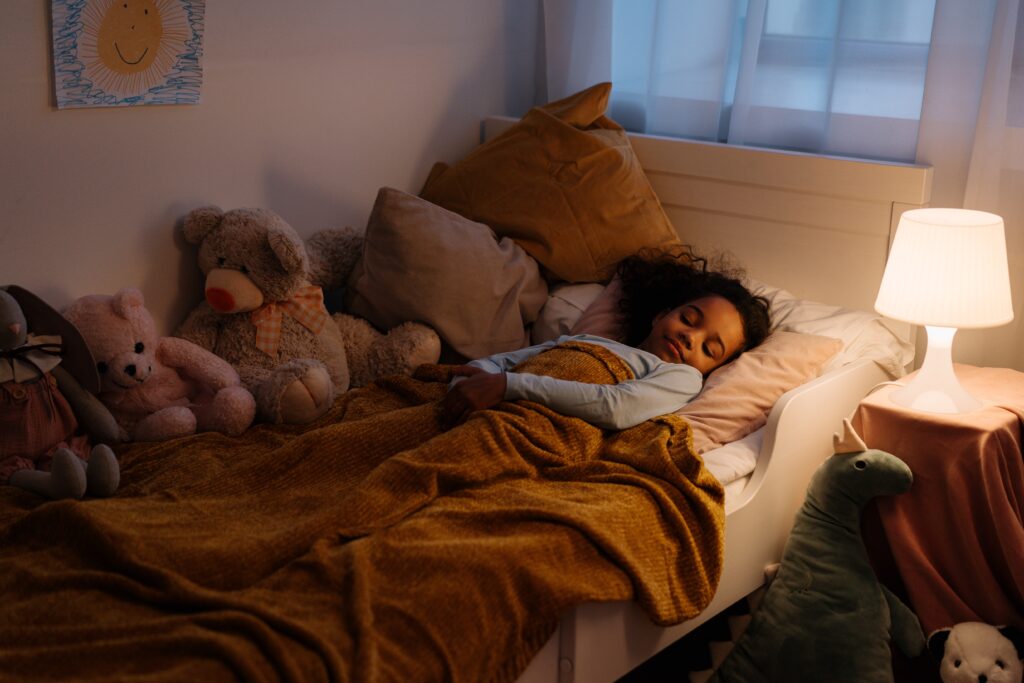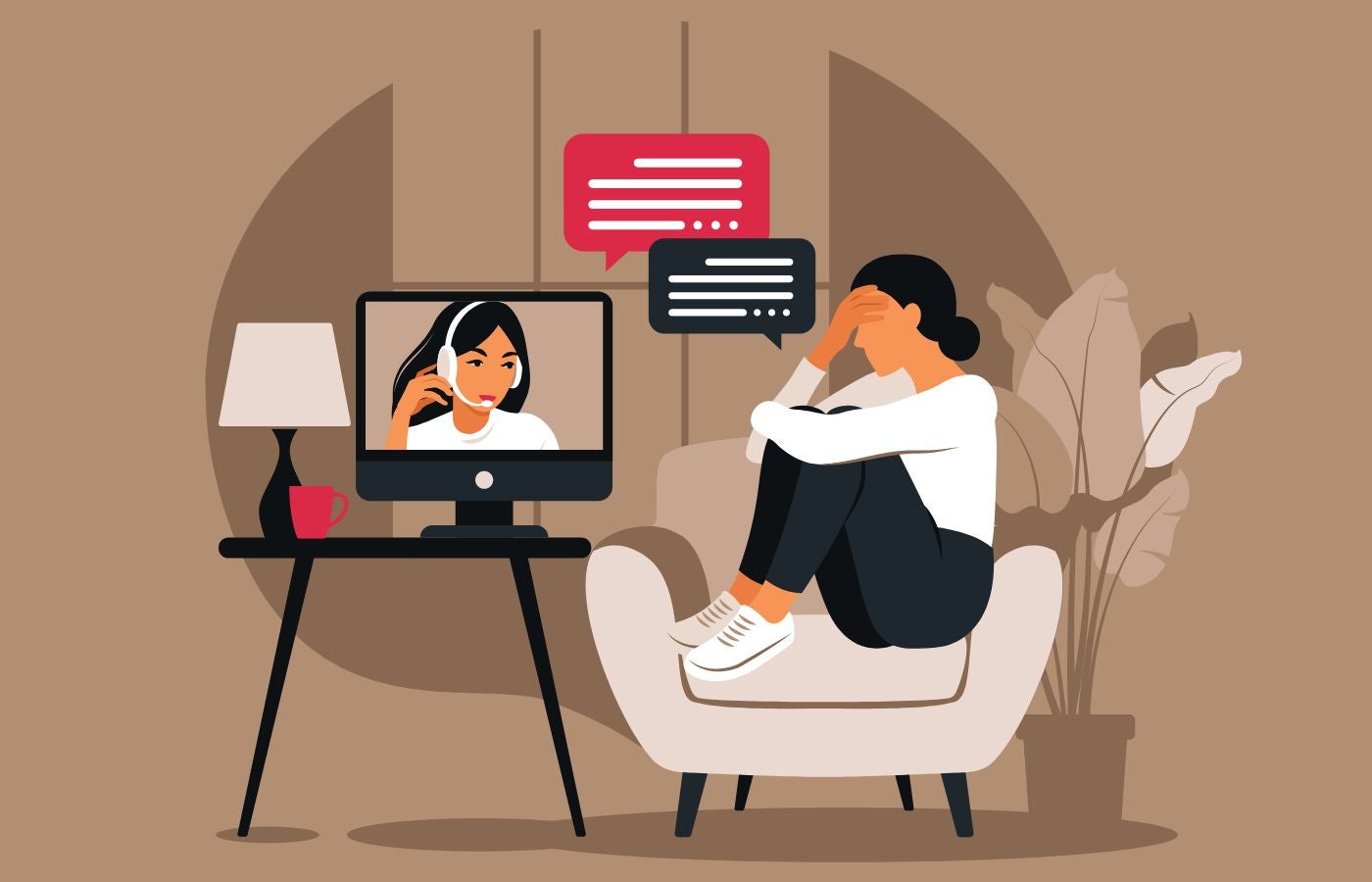
Sleep is a fundamental biological process that is essential for overall health and well-being. It plays a vital role in various aspects of our lives, including cognitive function, emotional well-being, physical health, and immune system regulation. Understanding the importance of sleep and adopting good sleep hygiene practices can significantly improve the quality of rest.
Over the past few decades, researchers have made tremendous progress in understanding the circadian rhythm (the 24-hour cycle that regulates sleep/wake cycles) and its relationship to the underlying mechanisms responsible for sleep regulation. In addition to research on how we get sleepy at night or stay awake during the day, studies have also identified genetic influences on sleep patterns and circadian biology.
Here’s an overview of the science of sleep and some tips for better sleep:
Stick to a Schedule
You know what they say: “Early to bed and early to rise, makes a man healthy wealthy and wise.”
Well, maybe not. But you can still set yourself up for better sleep by establishing a regular schedule that gets you into bed at the same time every night.
If you’re going to be up late watching TV or hanging out online, try to cut it off at about the same time each evening—and then don’t check your phone when you wake up in the morning. If your body gets used to going to bed at 11pm and waking up around 6am on weekends, it’ll be easier for it to do so during the week as well!
Create a Sleep-Friendly Environment
Your bedroom is one of the most important places in your home, and it’s also where you spend a lot of time every day. That’s why it’s important to make sure that you’re creating an environment conducive to sleep.

First, make sure that your bedroom is dark and quiet. If there’s light coming in from outside or a TV on in the next room, consider using blackout curtains and earplugs to block out noise—or even better, an eye mask and white noise machine!
Next, invest in a comfortable mattress and pillows. The right bedding can help you get a good night’s rest by providing support for your back and head while keeping you cool at night.
Finally, try setting up a space where you can relax before bedtime. Whether it’s reading a book or sipping tea before turning off the lights and going to sleep, find something that helps you wind down before heading off into dreamland!
Limit Stimulants and Electronic
We know that it might be hard to resist the urge to hit the snooze button or stay up late scrolling through Twitter, but try to avoid consuming caffeine and nicotine close to bedtime. These stimulants can interfere with your sleep, so if you have trouble falling asleep, try eliminating these from your diet several hours before going to bed.
Similarly, you should also try to limit exposure to electronic devices like smartphones, tablets, and computers in the hour before you go to sleep. The blue light emitted by these devices can disrupt your circadian rhythm and make it difficult for you to fall asleep. Instead of using electronics at night, establish a pre-sleep routine that involves relaxing activities like reading or taking a warm bath. Finally, remember that getting enough sleep is important for maintaining good health. Make sure you’re getting at least seven hours of sleep each night!
Regular Exercise
Regular exercise is a great way to promote better sleep, but there are some caveats. Exercising too close to bedtime can make it harder to fall asleep, because it increases alertness. If you do plan on exercising close to bedtime, try doing something low-key like yoga or stretching—that’ll help your body wind down and get ready for bed.
If you have time in the morning, exercise can be a great way to start your day off on the right foot (literally!). Just make sure you don’t push yourself so hard that you’re too tired for work or school!
Watch Your Diet
When it comes to eating, we know it can be hard to find the right balance. A lot of us are always on the go, between work and family commitments, and it’s easy to grab whatever is convenient. But while you may think that eating a big meal before bedtime is helping you get a good night’s sleep, in reality it could be doing just the opposite.
That’s because eating too much or eating certain types of food too close to bedtime can cause indigestion and heartburn—and neither one sounds like a good way to fall asleep! If you’re having trouble sleeping at night, try avoiding heavy meals, spicy foods, and excessive fluid intake before bedtime. Instead opt for lighter snacks like yogurt or milk if needed.
Manage Stress
We know that feeling like you’re too stressed to sleep is no fun. That’s why we’ve got a few tips to help you get the rest you need. First, try incorporating relaxation techniques into your bedtime routine. Deep breathing exercises, meditation, or journaling are all great ways to calm your mind and body before hitting the hay.
Second, avoid working late nights and doing the bulk of your work later in the day. Studies have shown that doing so can make it difficult to fall asleep at night because your brain is still focused on tasks from earlier in the day. If you have a late night project or deadline coming up, try to finish it early so it doesn’t interfere with your sleep schedule!

Finally: if all else fails, try taking an over-the-counter sleep aid like melatonin or valerian root extract before bedtime. These natural remedies can help you get more restful sleep without affecting your mental clarity like prescription medications might (though we always recommend consulting with a doctor before taking any new supplements).
Limit Napping
If you have trouble sleeping at night, then it’s best to avoid long or late afternoon naps. If you need to nap, keep it short (around 20-30 minutes) and avoid napping too close to your bedtime.
This is because napping during the day can interfere with nighttime sleep by setting off a cascade of changes in your body that prevent you from getting into the deeper stages of sleep that help you feel rested and refreshed when you wake up in the morning.
Seek Light Exposure
You know the feeling you get when you’re just not ready to go to bed yet? And you know how much easier it is to fall asleep when it’s dark? That’s because your circadian rhythm—your internal clock—is out of whack. The body has a natural rhythm that tells it when it’s time to sleep, wake up, eat, etc. But if you’re exposed to too much artificial light at night (like from a computer screen or TV), or too little natural light during the day (like if you work in an office), your circadian rhythm can become disrupted. This can lead to insomnia and other sleep problems.
One way to help keep this from happening is by getting exposure to natural light during the day, particularly in the morning. Natural light helps regulate your circadian rhythm, making it easier to fall asleep at night.
Evaluate Your Sleep Environment
If you’re having trouble sleeping, the first thing to do is assess your sleep environment. If you’re sleeping in an unfamiliar place, such as an Airbnb or a hotel, the quality of your mattress and pillows may not be up to par with what you’re used to at home.
Another major factor is noise: if you live in a noisy area or there’s a lot of traffic outside, then it can be hard to get restful sleep. You can try using earplugs or white noise machines to help mask unwanted sounds and make your room feel more comfortable.
Temperature is also important—you don’t want it too hot or too cold in your bedroom at night! Be sure that you have enough blankets and layers on if you need them, but also make sure that they aren’t too heavy or bulky so that they don’t inhibit your breathing while you sleep.
If you’re looking to get a better night’s sleep, try some of these tips and see what works best for you. Remember, though, that everyone is different, so it’s important to find a routine and environment that works best for YOU. If you have persistent sleep problems or suspect a sleep disorder, consult a healthcare professional for further evaluation and guidance.
RUCHI RATHOR Founder & CEO
Payomatix Technologies Pvt. Ltd.
FOUNDER AND INVESTOR | PAYMENTS PROCESSING EXPERT | MERCHANT ACCOUNT SOLUTIONS | WHITE LABELLED PAYMENT GATEWAY | Dreamer, Creator, Achiever, Constantly Evolving
Website Ruchi Rathor: https://ruchirathor.com
Website Healing Heart https://thehealingheart.me/
Instagram https://www.instagram.com/_ruchirathor_/
LinkedIn https://www.linkedin.com/in/ruchirathor12/
Facebook https://www.facebook.com/ruchi.rathor.magnificient
Tumblr https://www.tumblr.com/blog/ruchirathor-thehealingheart
Medium https://medium.com/@ruchirathor_23436









